- Post your home for sale
- Sign up or Log in
-
English- en
-
THB - ฿
- Buy
- Thailand Property For Sale
- Thailand Real Estate
- See Newest Listings
- Why Buy with KaiBaanThai
- Rent
- Sell
- Projects
- Advice
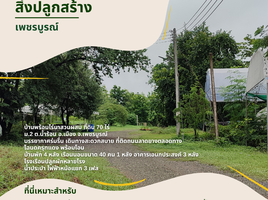




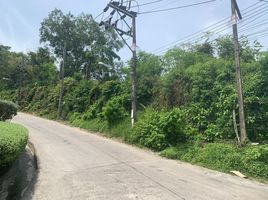









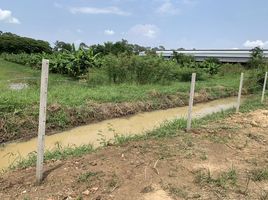




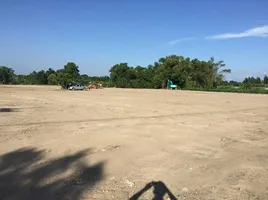




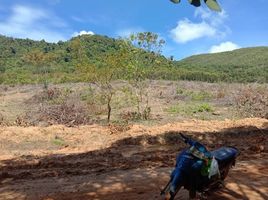




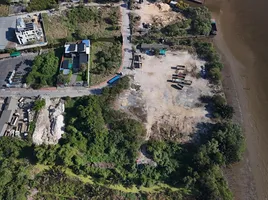




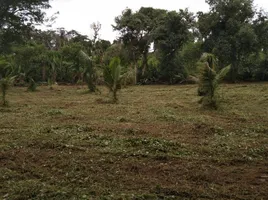









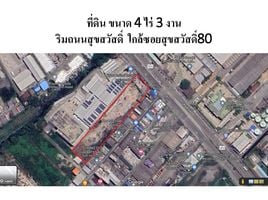




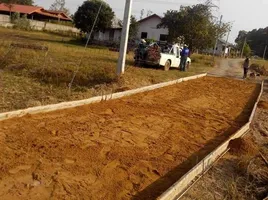




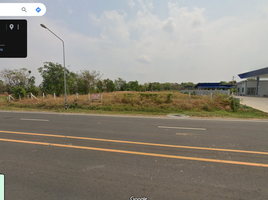









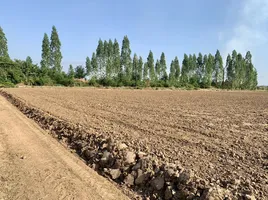




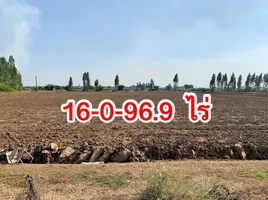




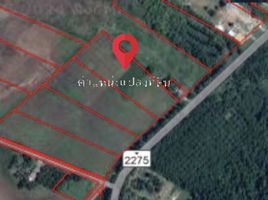




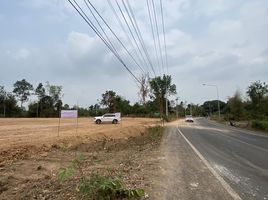














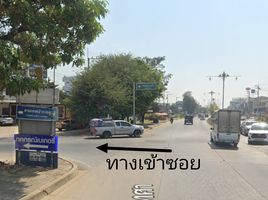




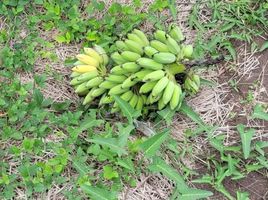









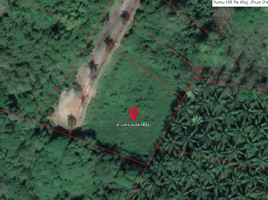




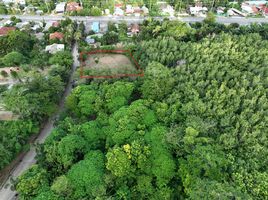




 See Listings on the Map
See Listings on the Map
Learn more about the Thailand land market through trends and average prices.

Certainly! Let's take a lively journey through the land-buying landscape of Thailand.
Picture this: you've fallen in love with the mesmerizing beaches of Phuket or the bustling streets of Bangkok, and you're itching to stake your claim. Can you, as a foreigner, buy land in the Land of Smiles? Well, here's the twist in our tale: directly buying land? That's a no-go. But don't pack your bags just yet; there are some creative detours on this adventure!
One option is to invest at least one million Baht in Thailand, which would make the foreigner eligible to buy up to 20 Rai of land for residential purposes. Being married to a Thai national also grants the opportunity for a foreigner to legally own land, although the land must be registered in the Thai spouse's name.
The Leasehold: Think of this as a long rental. You can lease land for up to 30 years, and often, there's an option to renew. While the land isn't yours forever, three decades (or more) of sunsets isn't a bad deal!
In all scenarios, it's crucial to have a knowledgeable local lawyer guiding your steps. While the direct path may be blocked, the adventurous routes are open, dotted with opportunities and surprises. Ready for the ride? Find more information on our website Kai Baan Thai advise page.
Thailand has rules that limit how much non-Thai individuals can own or control businesses and properties. These rules are in place to keep Thailand's interests safe and its economy stable.
A famous rule is the Land Code Act. It says foreigners can't own land directly. But there are ways around this. For example, foreigners can lease land for 30 years, and this can be renewed for another 30 years. They can also buy condos, but only if foreigners don't own more than 49% of all units in the condo project.
If you're a foreigner wanting to start a business in Thailand, there are some restrictions. Certain businesses, like farming, shops, and telecoms, must mostly be Thai-owned.
Still, foreigners can do business in Thailand. A common way is to start a Thai company where most shares belong to Thais. This lets foreign investors run their businesses while following the rules.
So, while Thailand has rules about foreign ownership, there are ways for foreigners to invest. It's key to know these rules if you're thinking of working or investing in Thailand.
Well, navigating the business landscape in Thailand comes with its own set of twists and turns! Typically, foreigners diving into the Thai market can't own 100% of most types of businesses. There's a list of business activities, often called the "Foreign Business Act," that restricts foreign ownership in certain sectors. For instance, if you're thinking of venturing into agriculture or retail, Thai nationals should hold the majority stake. But don't lose heart! In some sectors, especially those promoted by the Board of Investment (BOI), a foreigner can indeed own up to 100%. Always a good idea to get local advice and peek into those regulations.
Ah, the age-old question for many a foreigner dreaming of a slice of paradise in the Land of Smiles! While the golden rule is that foreigners can't directly own land in Thailand, there are some crafty (and legal!) workarounds to consider.
In essence, while direct land ownership might be off the table, with a sprinkle of creativity and a dash of local knowledge, you can get pretty close to that dream. Always consult with a local expert, and you'll be sipping coconut water on your Thai porch in no time!
Embarking on a quest for Thai land treasures, are we? The cost of land in Thailand is like a spicy Thai curry; it varies in flavor (or price) depending on the ingredients (or location) you choose!
Bangkok's heart might have you reaching deep into your pockets. Prime areas in this bustling metropolis can cost anywhere from 100,000 to 500,000 baht per square meter or even more. But, if city life isn't your jam, the outskirts or suburban zones offer more palatable prices, ranging from 20,000 to 100,000 baht per square meter.
Craving some beach vibes? Places like Phuket or Koh Samui, being top tourist magnets, have higher land prices. But, meander towards lesser-known spots, and you might just snag a bargain.
On the flip side, regions like Isaan or the serene northern provinces can be delightful to both your soul and wallet. Here, prices can start from as low as 200 baht per square meter!
Ah, dreaming of a tropical paradise and wondering if your piggy bank will suffice? Thailand, with its lush landscapes and stunning coastlines, often beckons those seeking a slice of paradise. But does it come with a heavy price tag or a delightful discount?
The answer, my friend, is a tantalizing mix of "it depends." Location, as they say in real estate, is everything. If you're gazing starry-eyed at beachfront property in Phuket or a posh condo in Bangkok's glittering skyline, be prepared for prices that might make your wallet wince a bit. These prime spots come at a premium.
But fear not! Venture a bit inland or explore lesser-known provinces, and your dollar will stretch much further. Ever heard of Isaan? It's Thailand's northeastern region, brimming with culture, spicy food, and – you guessed it – more affordable land prices. Similarly, the northern regions around Chiang Mai or the serene landscapes of the west near Kanchanaburi offer value for money. So, while "cheap" is subjective, with a bit of exploration, you can find a price range that makes both you and your bank account happy.
Navigating the fiscal waters of foreign lands can be trickier than a tuk-tuk ride through Bangkok's bustling streets. In the Land of Smiles, the topic of land tax has seen its fair share of changes.
Previously, Thailand was pretty lenient on this front. But, as with all good things, changes have come about. Starting from 2020, the Thai government introduced a new land and building tax. Before you start reconsidering your tropical dreams, let's break it down:
In a nutshell, while Thailand offers many a tropical allure, it's always a good idea to be informed about the lay (or should we say "pay"?) of the land. Mix up some research with a dash of local wisdom, and you'll be all set to turn your Thai land dreams into reality!
Ready to pack up and journey through seas and mountains to Thailand? Thailand hides more gems than you might think. Want a tropical haven to call yours? Read on.
Bangkok: Thailand’s Pulse
Bangkok, the capital, buzzes with life. Modern skyscrapers stand tall beside age-old temples. If city vibes with a touch of history excite you, Bangkok's waiting.
Chiang Mai: Mountain Magic
Nestled in northern mountains, Chiang Mai offers calm. Craftsmen shape pottery here and markets burst with color. Wake up to mountains draped in mist – that’s the Chiang Mai charm!
Phuket: Sun, Sand, and Surf
Feel the sand, gaze at clear waters, and dance the night away in Phuket. It's a dream spot for sun and beach enthusiasts.
Pai: Hippie Haven
Just a hop away from Chiang Mai, Pai invites with its relaxed aura. Soak in its hot springs, wander through scenic valleys, and soak up the boho vibe. Searching for joy? Pai's your place.
Hua Hin: Regal Beach Getaway
A short drive from Bangkok brings you to Hua Hin. Once a royal hangout, now it boasts untouched beaches and golfing greens. It's Phuket’s elegant, quieter sibling.
To Wrap It Up:
Thailand offers more than just sights; it offers feelings. Every spot has its own beat. So, will it be Bangkok’s energy, Pai’s peace, or Phuket’s beach vibes? Thailand has a corner carved just for you. Pack your dreams and come find your corner in this tropical wonderland!